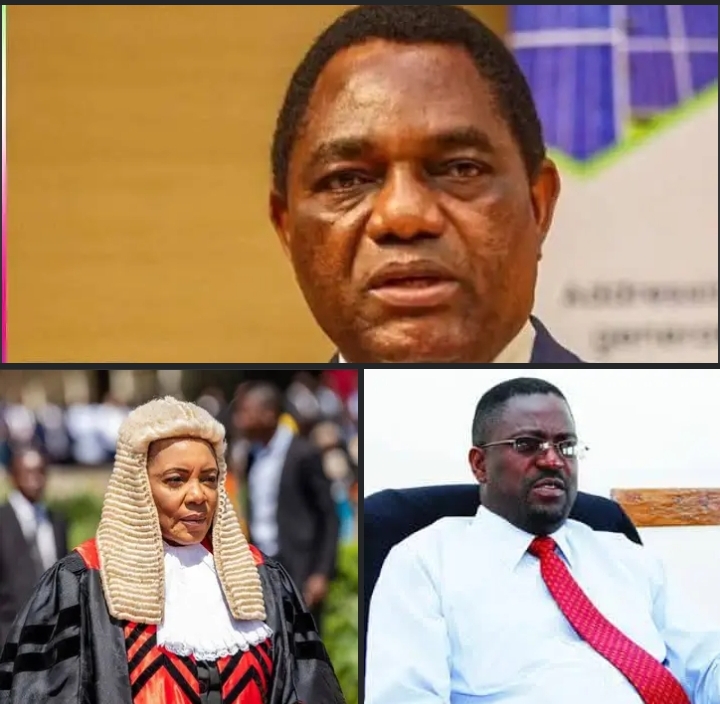Nepotism and Tribalism: A Growing Concern in the UPND Government?
The fight against corruption, tribalism, and nepotism was one of the key promises made by the United Party for National Development (UPND) during their rise to power. However, recent developments have raised questions about whether the government is upholding these ideals or falling into the same pitfalls they once criticized.
On January 16, 2025, Judge Evans Hamaundu retired from the judiciary after years of service. His retirement was marked by a celebration at the Supreme Court—a ceremony unprecedented in the history of the Zambian judiciary. This event has sparked public debate, with many questioning why his retirement was treated so differently.
Adding fuel to the fire, Judge Hamaundu was immediately appointed as Chairperson of the Anti-Corruption Commission (ACC) board, raising concerns about the transparency and fairness of appointments in key government institutions. Critics argue that this move is indicative of nepotism, as Judge Hamaundu is alleged to be a close relative of President Hakainde Hichilema.
Observers note that the ACC Chairperson position remained vacant for an extended period, with speculation that it was deliberately left open to accommodate Judge Hamaundu after his retirement. If true, this raises troubling questions: Are public institutions being run for the benefit of a select few rather than the broader Zambian population?
While the UPND government has defended its appointments as merit-based, skeptics argue that this incident highlights a recurring pattern where personal connections outweigh qualifications.
Nepotism and tribalism are not new to Zambian politics, but the current administration promised to chart a different course. President Hichilema’s government, which campaigned on the platform of inclusivity and good governance, now faces growing scrutiny. Appointments perceived as favoring individuals from specific regions or family connections risk eroding public trust in the government.
Critics point out that such practices undermine national unity and meritocracy, fostering divisions and disillusionment among citizens. This is particularly dangerous in a multi-ethnic country like Zambia, where equitable representation in government institutions is crucial for stability and development.
For the government to address these allegations, it must prioritize transparency in public appointments. Key positions, especially in institutions like the ACC, must be filled through open, competitive processes that allow qualified candidates to apply. Moreover, public disclosure of the criteria used in these appointments could help rebuild trust.
The UPND government is at a crossroads. It can either address these concerns head-on, demonstrating its commitment to the principles of good governance, or risk losing the moral high ground that brought it to power. Citizens are watching closely, and the government must ensure that public institutions serve the people, not political or familial interests.
The retirement of Judge Hamaundu and his subsequent appointment to the ACC Board Chairperson position may be a turning point in the public’s perception of the UPND government. Whether this perception is rooted in fact or political rhetoric, one thing is clear: the Zambian people demand accountability, fairness, and inclusivity in governance.
As the nation moves forward, the government must remember that public trust is hard-earned and easily lost. If the UPND fails to address these issues, it risks becoming the very system it sought to replace.
Nepotism and Tribalism: A Growing Concern in the UPND Government?
